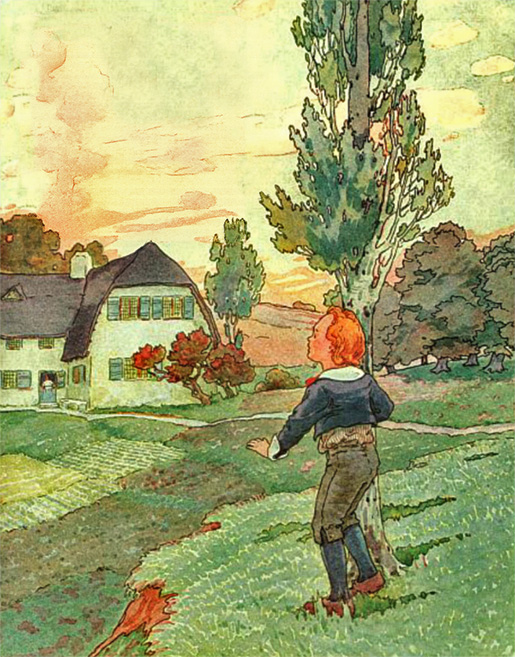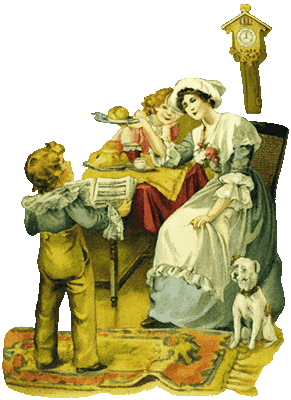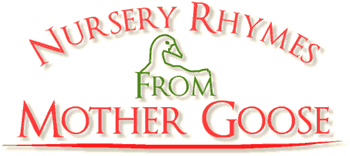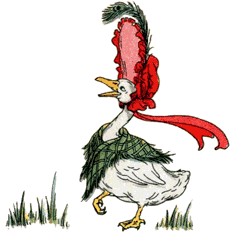Little Tom Tucker
Little Tom Tucker
Sings for his supper.
What shall he eat?
White bread and butter.
How will he cut it
Without e’er a knife?
How will he marry
Without e’er a wife?

Little Tom Tucker is one of those quick little sketches in verse. In just a handful of lines, you meet a boy who sings for his supper, gets bread and butter, but can’t cut it because he has no knife — and as the rhyme goes on, you realize he can’t marry either because he has no wife. It’s funny, a little bleak, and oddly memorable.
Origins
The rhyme first shows up in print in 1744 in Tommy Thumb’s Pretty Song Book, one of the earliest nursery collections. But Tom Tucker wasn’t invented for the nursery — the name was already floating around in songs and ballads. Sometimes it meant a beggar, sometimes a fool, sometimes just a comic character who couldn’t quite get by. By the time it reached children’s rhymes, Tom had been hanging around the edges of popular culture for years, ready-made as a figure to laugh at.
Meaning
At first glance, the rhyme just sounds silly. A boy sings, he’s promised bread and butter, but he doesn’t even have a knife to cut it. Then the verse jumps to marriage — how could he ever hope to find a wife? Kids laughed at the nonsense, but the joke carried a sharper edge.
Back then, “Tommy Tucker” wasn’t just a name. It was a label often slapped on orphans — children without families, scraping by however they could. Many begged, some literally sang for scraps of food. In that light, the rhyme hits harder. Of course, an orphan might get bread, but no knife to cut it. And marriage? In a society where orphans sat at the bottom of the ladder, the idea was almost laughable.
That’s what gives the verse its staying power. It skips along like comic doggerel, but tucked inside is a glimpse of real life — the way poverty looked when turned into rhyme. Tom Tucker is a figure of fun, but he’s also a reminder of children who truly had to “sing for their supper.”
Cultural Background
 Illustrators often showed Tom Tucker as a scrappy boy with his mouth wide open in song. Sometimes he held a fiddle or a lute, sometimes he was just a ragged figure at a table with bread and no knife.
Illustrators often showed Tom Tucker as a scrappy boy with his mouth wide open in song. Sometimes he held a fiddle or a lute, sometimes he was just a ragged figure at a table with bread and no knife.
The rhyme belongs to the same group as Little Jack Horner or Little Boy Blue — verses that sketch a boy in a situation and leave the rest unsaid. Children could laugh at Tom’s plight, but adults may have recognized in him the many real “Toms” who sang outside taverns or churches for food.
The phrase “sing for your supper” has outlived the rhyme itself and is still in use today — a reminder that nothing comes for free; you have to earn it somehow.

